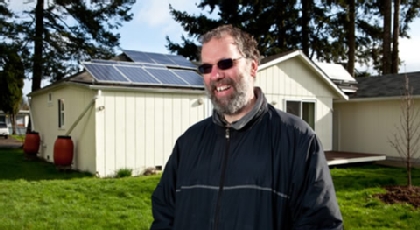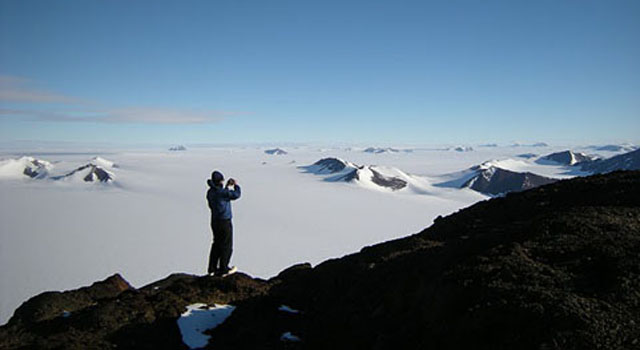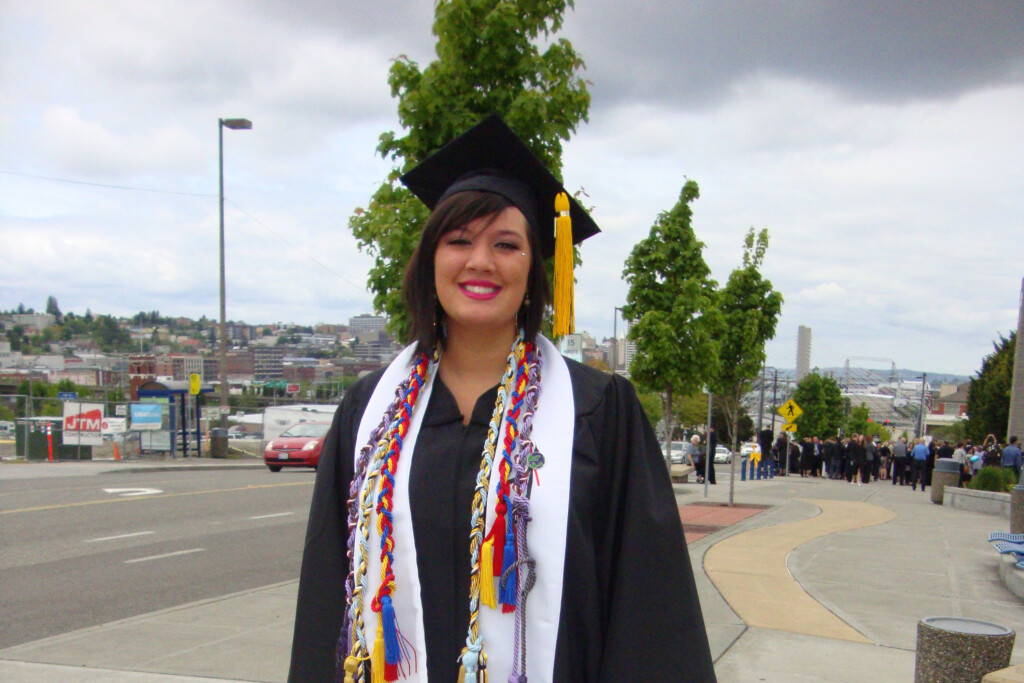Page 181 • (1,836 results in 0.032 seconds)
-

keyboard at the age of 13. Soon he started filling in for the organist at the local church, and from there his music career grew into a life-long vocation. Tegels earned degrees from the University of Iowa, the New England Conservatory in Boston and the Stedelijk Conservatorium in Arnhem, located in the Netherlands. He said an organist has to go where the organ is, and PLU’s organ fit the bill. While teaching in Kansas, he heard about an opening at PLU, and was already familiar with its organ. In 2002
-

PLU French professor Rebecca Wilkin wins the 2024 Translation Prize Posted by: Jeffrey Roberts / June 7, 2024 Image: PLU Professor of French Rebecca Wilkin teaching a course titled “French / Francophone Feminisms.” (Photo by Sy Bean/PLU) June 7, 2024 By Zach PowersPLU Marketing & Communications The French-American Foundation has announced that PLU Professor of French Rebecca Wilkin is one of the winners of the 2024 Translation Prize. Wilkin and her co-editor and translator Angela Hunter, an
-
dissertation, though she had no idea at the time. “Some teachers do not impact your life until years later when you realize that you have been teaching elements of his or her work without even realizing it,” Wallace says. For her PhD, she attended the University of Colorado. The Colorado Shakespeare Festival had also offered her a job as a dramaturg and she was given the opportunity to teach during her four years there. At University of Colorado, it was the norm for PhD students to rotate the classes they
-
wrote on topics ranging from theology to natural history…[The author,] Honey Meconi, draws on her own experience as a scholar and performer of Hildegard’s music to explore the life and work of this foundational figure.”–back cover Prairie fires : the American dreams of Laura Ingalls Wilder (PS3545.I342Z6455 2017) Millions of readers of Little House on the Prairie believe they know Laura Ingalls–the pioneer girl who survived blizzards and near-starvation on the Great Plains, and the woman who wrote
-

travelled to the frozen continent just this last December and January. This story appeared in Scene in 2011. A Day in the Life of PLU’s Antarctic Geologists By Claire Todd, assistant professor of geosciences and environmental studies “Mac Ops, Mac Ops, Mac Ops! This is India 1! 5! 6! How copy?” These are the words that woke me and PLU geosciences student Michael Vermeulen ’12 most mornings during our geologic expedition in Antarctica this winter. All field camps participating in the U.S. Antarctic
-
two statements stood out for me: “Destiny is just an excuse for bad management,” Foege said in deploring those who believe the world’s current state of affairs is simply the consequence of some natural order. And after celebrating those who share in the excitement and optimism reflected in the new push for global health and development progress, he added a precautionary: “We had better know where we are going.” Tom Paulson ’81 has been a science and medical reporter at the Seattle Post
-
hundreds. So how did this mature 19-year-old man, who grew up in places best described as “you can’t get there from here,” end up at Pacific Lutheran University, let alone playing for the resurgent Lutes men’s basketball program? The story starts with his father, Stephen ’83, a PLU graduate and one of eight children of Dr. Richard Klein, a PLU regent from 1973-87, and Joanne (Bjork ’63) Klein. Stephen took his first teaching job at the high school in Gambell, Alaska, a village of 300 inhabitants on the
-

Washington, all of our students, regardless of their immigration status, are invaluable to the teaching we provide in our classrooms, the research we perform in our labs, and the discoveries we make in medicine. These students and those who came before them are not strangers on our campuses, in our communities, and in our homes. They are our [children], our neighbors, our co-workers, our friends and our family. They are us.” At PLU, it’s ingrained in our mission to educate and sustain communities through
-

presenting Benge with a glitter-encrusted purple cord at graduation. “Because Lizbett began pursuing her degree at PLU around the same time that I began teaching there, we very much developed as a student and teacher alongside each other,” Smith said. This “interconnected growth” is a facet of mentorship that Smith believes often goes overlooked, as expertise in any field is always “contextual and incomplete.” Smith added that while she “may have had expertise in women’s and gender studies as a
-
supremacy. Racial hierarchy and colonialism structured the very foundations of most disciplines’ research and teaching paradigms. In the early twentieth century, the academy faced rising opposition and correction, evident in the intervention of scholars including W.E.B. Du Bois, Zora Neale Hurston, Carter G. Woodson, and others, and by the mid-twentieth century, education itself became a center in the struggle for social justice.”– Provided by publisher. Morris, Monique W. Sing a Rhythm, Dance a Blues
Do you have any feedback for us? If so, feel free to use our Feedback Form.


